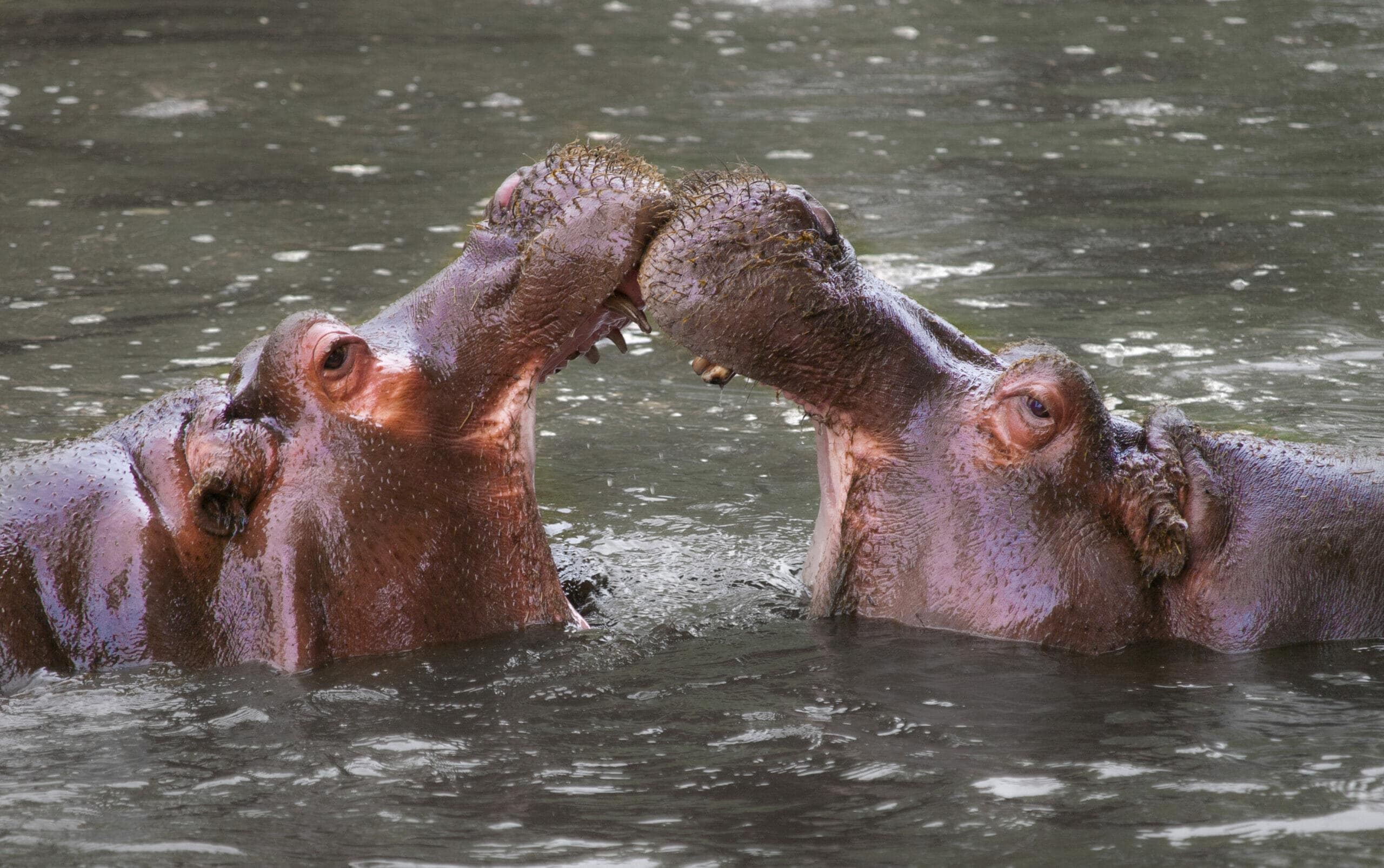A 80-strong herd of illegally imported hippos from Pablo Escobar’s private zoo are now being sterilised by the Colombian governement after being left to roam for over thirty years.
Pablo Escobar is quite possibly the most nortorious drug kingpins in modern memory, inspiring hundreds of accounts, in-depth documentaries and inspiring one of Netflix’s most widely seen and popular television series: Narcos. Escobar was so infamous and notorious due to how meticulus and ruthless his methods could be. He was responsible for the deaths of over 4,000 people, including an estimated 200 judges and 1,000 police, journalists, and government officials; at the height of his cartel empire Escobar had control over 80 per cent of cocaine traffic to the United states; and was known for his more unorthodox smuggling practises, such as smuggling cash in airplane tires.

One of the more ludicrous stories that has fascinated of the curiosity of the public over the years is his private zoo. Built by the Colombian drug lord off of his estate the zoo was filled with illegally imported giraffes, elephants, hippos and other wild animals back in the 80s. It has been purported for years that the hippos have still been free to roam the grounds to this day, even after Escobar was shot and killed by police in 1993.
Well now after years, these said hippos these so-called ‘cocaine-hippos’, are currently being sterilised by Colombia’s wildlife services, due to fears that the 80-strong herd presented a potential environmental disaster as an invasive species.
Though the Colombian government took control of his illegal zoo after his death, nothing has been done with them until now, where it is reported that 24 of the illegally imported mammals have now been sterilised. Though claims were made that it would have been “logistically difficult to move them around, so the authorities just left them there, probably thinking the animals would die.” said Nataly Castelblanco, a Columbian biologist, speaking the BBC, fears mounted over their environmental impact, including a threat to human safety. Their numbers have more than doubled since 2012.
Castelbanco went on to explain that while the climate in Africa, with its frequent draughts, helped control nad maintain the populatin of the hippos; the climate in Colombia disrupts their age of reproduction which is now a lot earlier.
The decision to neutralize the herd’s breeding potential follows a study earlier this year concluded that the animals had become a hazard, with many campaigning for their culling.
The claim of their dangerous impact on both the wildlife and humans comes from the bacteria found in the toxic urine and faeces produced by hippos. Furthermore, Hippos are known to be violent and danergous toward humans, killing more people annually in their native Africa than any other mammal. Last year one of the ‘cocaine hippos’ flung a cattle farmer in the air, breaking his hip, leg and several ribs.
While castration and relocation have both been considered approaches to the hippo problem Ecologist Nataly Castelblanco-Martínez speaking with The Telegraph earlier this year: “Nobody likes the idea of shooting a hippo, but we have to accept that no other strategy is going to work.














